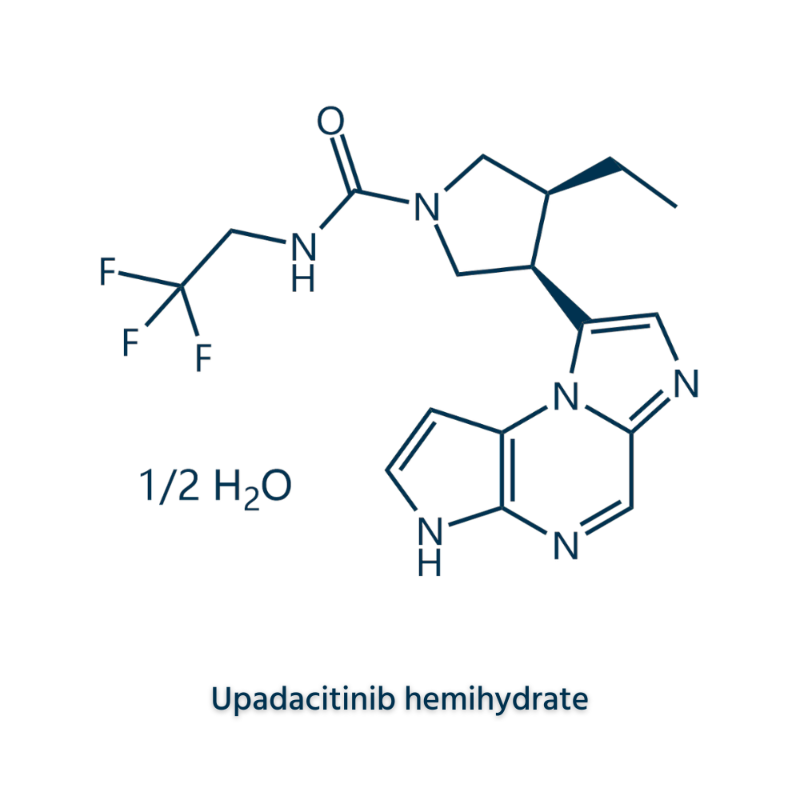-
Categories
-
Pharmaceutical Intermediates
-
Active Pharmaceutical Ingredients
-
Food Additives
- Industrial Coatings
- Agrochemicals
- Dyes and Pigments
- Surfactant
- Flavors and Fragrances
- Chemical Reagents
- Catalyst and Auxiliary
- Natural Products
- Inorganic Chemistry
-
Organic Chemistry
-
Biochemical Engineering
- Analytical Chemistry
-
Cosmetic Ingredient
- Water Treatment Chemical
-
Pharmaceutical Intermediates
Promotion
ECHEMI Mall
Wholesale
Weekly Price
Exhibition
News
-
Trade Service
Treatment of childhood cancer has improved significantly in recent years, with overall survival rates for childhood cancer exceeding 80% in high-income countries
.
As a result, the number of adult childhood cancer survivors (CCS) continues to increase, with approximately 1 in 750 young adults surviving in the UK
They are at increased risk for long-term adverse health outcomes
In a study published in the British Journal of Cancer, an authoritative journal in the field of oncology, researchers aimed to investigate the association between anticancer treatment and long-term DNA methylation changes, which may be responsible for adverse late-stage health effects in patients with CCS.
key drivers
.
We performed genome-wide DNA methylation assessments in paired samples (pre/post-treatment) from 32 childhood cancer patients using methylation EPIC arrays
.
In addition, the researchers measured methylation levels in 32 samples from different adult CCS (average 22 years after diagnosis) and compared them with cancer-free controls (n = 284)
Following treatment in children with cancer, the researchers found extensive DNA methylation changes, including 146 differentially methylated regions (DMRs) that were consistently altered in 32 post-treatment samples
.
Analysis of adult CCS found matched methylation changes at 107/146 of the DMRs, suggesting that the changes may be preserved long-term after treatment
Thus, these new methylation changes may serve as biomarkers for assessing the normal cytotoxicity of treatments and predicting long-term health outcomes in CCS patients
.
.
Original source:
Original Source: Original Source:Natassia Robinson.







